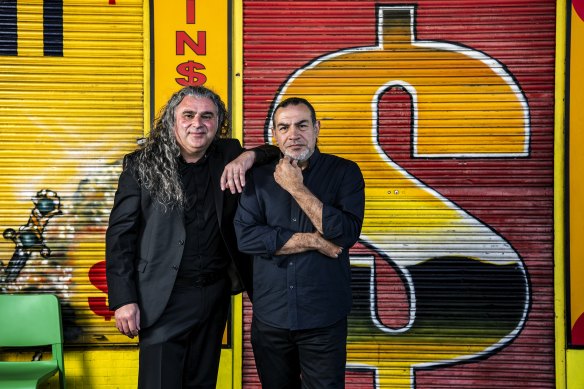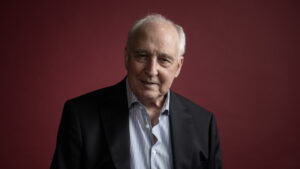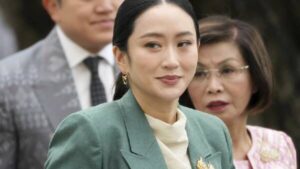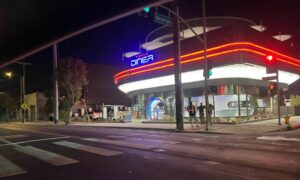
The recent decision by Creative Australia to reinstate artist Khaled Sabsabi and curator Michael Dagostino as Australia’s representatives at the Venice Biennale has sparked widespread debate. Initially dropped due to concerns over potential divisiveness, their reinstatement marks a significant reversal for the government’s primary arts body.
The controversy began when Creative Australia abruptly dismissed Sabsabi and Dagostino, citing fears of a “prolonged and divisive debate” that could erode public support for the arts community. This decision was rooted in the belief that art should not provoke division, a notion that critics argue stifles creativity and veers towards propaganda.
The Context Behind the Decision
In February 2025, tensions were high following the discovery of a caravan filled with explosives in north-west Sydney. Initially labeled as an anti-Jewish terror plot, it was later exposed as a “criminal con job.” During this period, the Peter Dutton-led Coalition criticized the Albanese government for perceived leniency on antisemitism, further inflaming public sentiment.
Amidst this backdrop, horrific images from Gaza aired nightly, and Jewish-Australians reported increased antisemitism. Pro-Palestine and pro-Israel demonstrations erupted, often clashing within arts organizations, adding to the volatile atmosphere.
The Artist’s Controversial Stance
Khaled Sabsabi, a Lebanese-Australian artist known for his pro-Palestine views, had previously boycotted the 2022 Sydney Festival over its acceptance of funding from the Israeli Embassy. His stance on Israel was well-known, particularly through his work “YOU,” a video and sound installation featuring images of Hassan Nasrallah, former head of Hezbollah.
This boycott occurred before the October 7, 2023, attacks by Hamas on Israeli civilians, an event marked by extreme violence and horror. Sabsabi’s selection for the Venice Biennale was made with full awareness of his political views and artistic portfolio.
Repercussions and Reinstatement
The decision to initially drop Sabsabi and Dagostino was met with backlash, prompting Creative Australia to reconsider. The board’s reversal, described as a “spectacular backflip,” highlights the complex interplay between art, politics, and public opinion.
Art critic Jane Doe argues, “Art is inherently divisive; it challenges perceptions and provokes thought. To shy away from controversy is to diminish its power.” This sentiment is echoed by many in the arts community who view the reinstatement as a victory for artistic freedom.
Looking Forward
The reinstatement of Sabsabi and Dagostino sets a precedent for how cultural institutions might navigate the intersection of art and politics. It raises questions about the role of art in society and the responsibilities of cultural bodies in supporting diverse voices.
As preparations for the Venice Biennale continue, the focus will likely shift to the artistic contributions themselves. However, the broader implications of this controversy will linger, influencing future decisions within Creative Australia and beyond.
The episode underscores the need for ongoing dialogue about the role of art in reflecting and shaping societal values. As the arts community grapples with these challenges, the reinstatement serves as a reminder of the enduring power of artistic expression.






